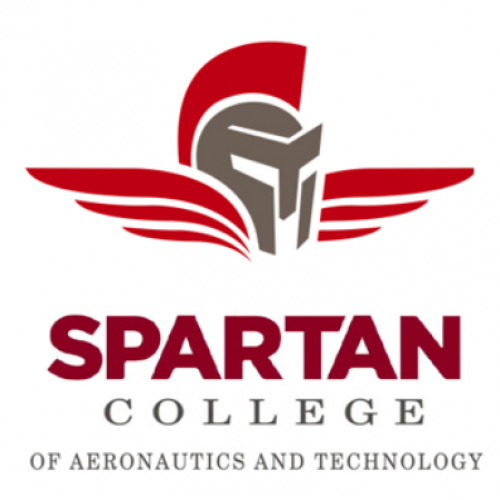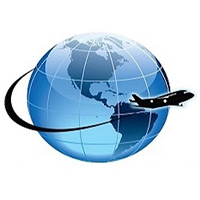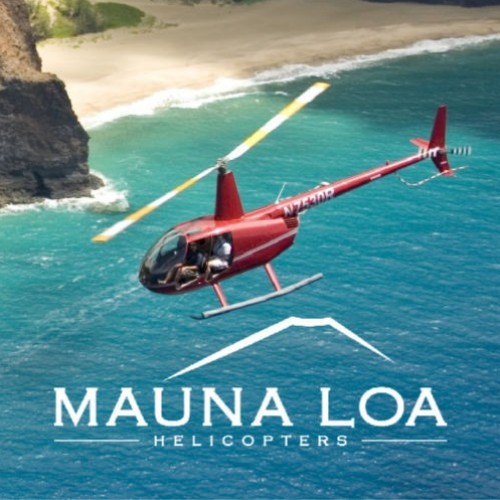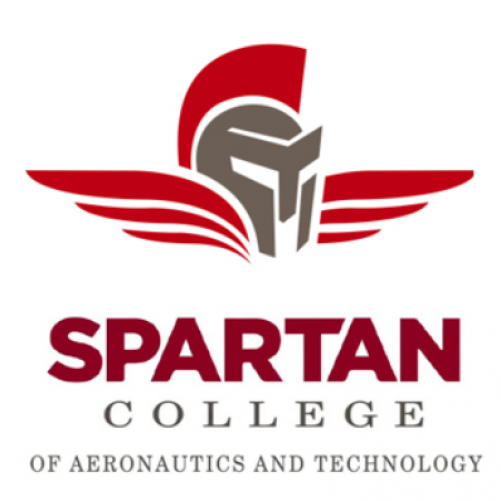For local resources,
choose a city page in Colorado:
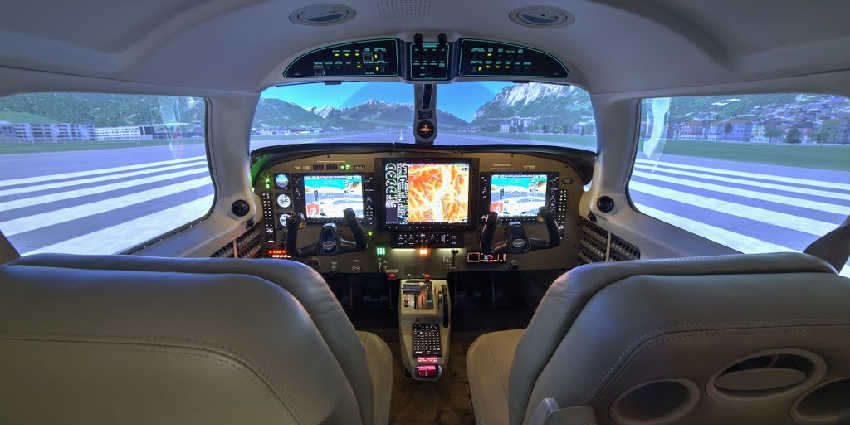
VA Approved Flight Schools in Colorado
Veterans, with a passion for flying, know they can soar into the wild blue yonder with extended benefits through the GI Bill 2.0 as part of the Post 911 Veterans Educational Assistance Improvements Act of 2010. Previously, vocational and VA approved flight schools in Colorado were not covered, but as of October 1, 2011, such training is covered.
Regardless of your VA benefits, your Private Pilot's license is required as the first step in your pilot training. In the case of VA approved flight schools in Colorado, those costs will run you about $12,000, no matter where you go for flight training, whether it is a "VA-approved" (Part 141)" flight school or to a flight school that is Part 61 school in that is not VA approved. Regarding VA approved Part 61 flight training, the VA will not help you with any of those costs associated with a Private Pilot License. So your decision on where you go for your initial Private Pilot training should be based on the top school available in Colorado, your VA benefits, and whether your school of choice in Colorado is "VA-approved."
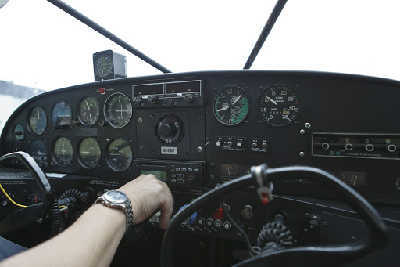 Call Aviation Schools Online and let our experts help you figure out what schools in Colorado are VA approved, and what schools are not. If you are veteran living in Colorado, let us help you to find the information you need about your VA benefits eligibility.
Call Aviation Schools Online and let our experts help you figure out what schools in Colorado are VA approved, and what schools are not. If you are veteran living in Colorado, let us help you to find the information you need about your VA benefits eligibility.
VA Approved Flight Training in Colorado
If a flying helicopter is your dream, you are in the right place. Learn to fly today. Let us help you find a school that is safe, thorough, and professional - preparing you for an aviation career flying in Colorado. The best VA approved flight training schools in Colorado are FAA certified as a Part 141 flight schools.
- Private Pilot (Part 141, Part 61)
- Instrument (Part 141, Part 61)
- Commercial (Part 141, Part 61)
- CFI (Part 141, Part 61)
- CFII (Part 141, Part 61)
- ATP (Part 141, Part 61)
- Add-Ons: Private, Instrument, Commercial, ATP (Part 141, Part 61)
Post 9 11 GI Bill: Dependents are Eligible
If you're the spouse or child of a veteran eligible for Post 9 11 GI Bill benefits, you can get help paying for the education you've always dreamed of!
As of August 1, 2009, service members enrolled in this program can transfer any unused benefits to their immediate dependents, who can then use the money to receive an education at an accredited school of their choice. The Transfer of Post 9 11 GI Bill benefits to dependents (TEB) is a real boon for veterans who may not need to further their own educations but who wish to help their college-aged children get flight training, bachelor's degrees, and any number of other career-enhancing certifications.
What Does the Post 9-11 Cover For Flight Training in Colorado?
The United States Department of Veterans Affairs under the Post-9 11 GI Bill covers the lesser of the amounts (of $10,000) between actual net in-state tuition costs and the fees charged by flight schools in Colorado.
Other Department of Veterans Affairs programs already covering flight-related training includes the Montgomery GI Bill Active Duty and Veterans Educational Assistance Program. Veterans from Colorado are urged to check with the U.S. Department of Veterans Affairs to ensure that the flight school they chose is VA approved and meets VA qualifications prior to enrollment.
Right now VA-approved flight schools are eligible for reimbursement through the Montgomery GI Bill. 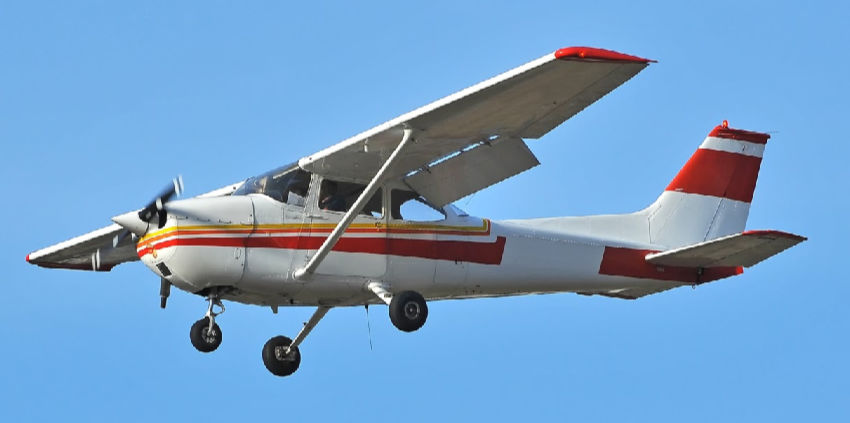 Veterans enrolling in flight training near Coloradowill be able to receive direct payment through the Post-9 11 GI Bill. It is recommended that veterans who choose to pursue flight training attain a VA Certificate of Eligibility to determine how much military education benefits they may receive to put towards flight training in Colorado.
Veterans enrolling in flight training near Coloradowill be able to receive direct payment through the Post-9 11 GI Bill. It is recommended that veterans who choose to pursue flight training attain a VA Certificate of Eligibility to determine how much military education benefits they may receive to put towards flight training in Colorado.
Regardless of VA reimbursement, veterans are responsible for fees associated with flight training programs. Veterans who successfully complete an aviation training program will be a part of a growing selection of career opportunities.
Flight-related careers are expected to show at least a 12% growth through 2022 according to the US Bureau of Labor statistics. Job opportunities may include air cargo carriers, regional airlines, air taxis, and low-cost carriers.
While college degrees and commercial pilot licenses are required for most flight-related jobs, military pilots have an advantage in the face of tough competition. Pilots can also start their professional flight careers working as flight instructors.
This allows for the accumulation of flight hours and additional experience that will make veterans pursuing aviation careers more attractive for lucrative jobs with commercial airlines in Colorado.
The average wage for commercial pilots can range from approximately $73,000 to $117,000, depending on experience and specific flight-related jobs. Veterans from Colorado can get more information on the Post-9 11 GI Bill at military.com or through the Department of Veterans Affairs.
How the FAA Mitigates the Impact of Poor Weather
Through Common Support Services controllers are able to tailor the weather information they receive via new technology and System Wide Information Management. The way these different components connect, as well as their relationship within the airspace system, are shown in the high-level overview of NextGen Weather Architecture. Looking to the future, the Weather Technology in the Cockpit program is a NextGen weather research program designed to resolve gaps in cockpit weather information and technology, pilot knowledge and training, and pilot decision making in bad weather. These are just some of the ways the FAA and its partners in the aviation industry work to help ensure passengers reach their destinations safely and on time.
Fixed-Wing Aircraft Factoid Maintaining the Aircraft
Maintaining the Aircraft Location Numbering Systems even on small, light aircraft, a method of precisely locating each structural component is required. Various numbering systems are used to facilitate the location of specific wing frames, fuselage bulkheads, or any other structural members on an aircraft. Most manufacturers use some system of station marking.
